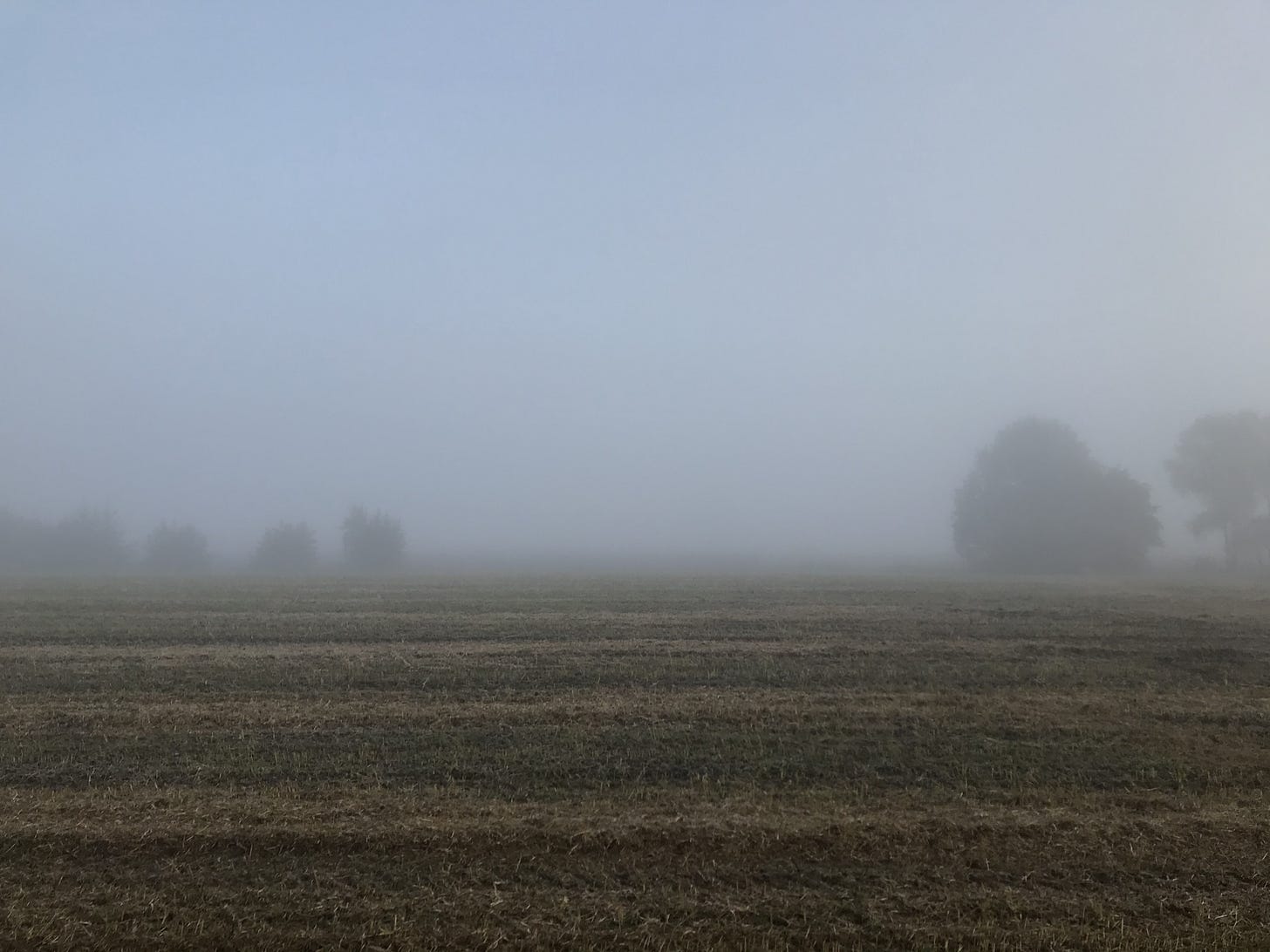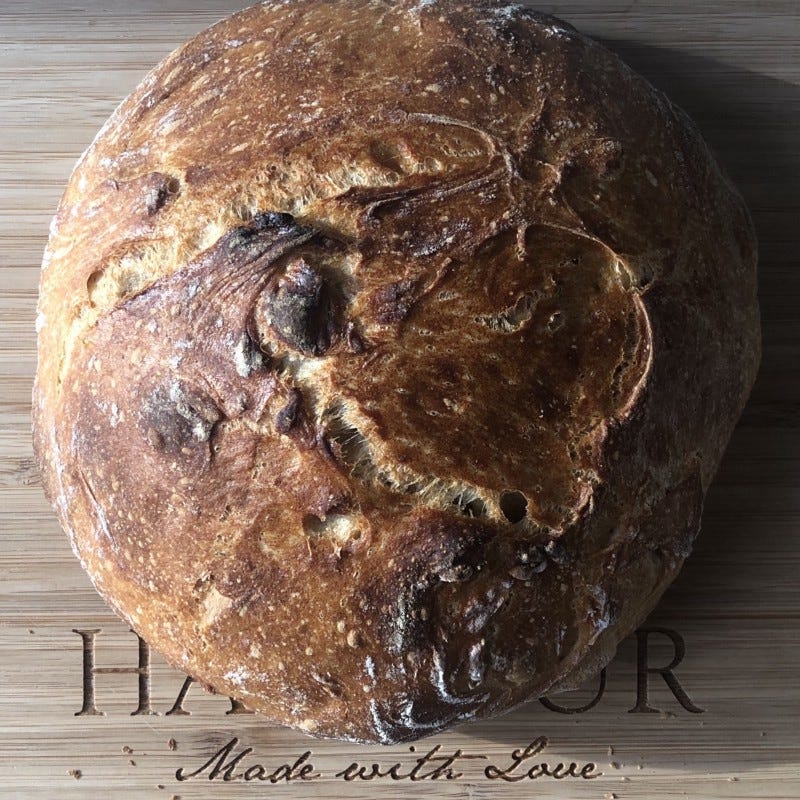
Thoughts From the New Epicenter of the Pandemic
My wife said write. I have nothing important to give, I said. Nothing new to add. My work in progress seems trite. She looked at me, as she often does, with an expression that is a mixture of, are you kidding me? And, you’re an idiot. I get that look a lot. And so I tried to write. And stopped. And tried again. And stopped. I pressed on. These are my first words in a few weeks. Maybe, for just one person out there, it will be worth it.
As I look out of my window, it could be 3:00AM on any other day than Friday or Saturday. It’s 7:45 on a Saturday. Some people, at least in my neighborhood, are taking this seriously. At 7:00PM, the sounds of clapping and cheering wafted from the corners of the city, slowly growing as people came to their windows and joined in to celebrate the nurses and doctors and first responders who are the front lines of this war. This has happened across the world and I’m happy that it is happening here. Humans are an amazing and wonderful creature.
This city is not meant to be quiet. I find it hard to remember the rhythm that was always there — the early morning garbage trucks, the afternoon of blaring horns of yellow taxis as they jockey their way up Eighth Avenue and the sirens of police and fire trucks, since there is no traffic, there is no need, and the reduction, but not absence of noise at night. It is now eerily quiet, every hour, of every day. Monday feels like Sunday feels like Friday feels like Wednesday. Everyday bleeds into the next as one single period of time. Covid-19 time.
My God, how hard this is on us as a species. We are social animals. And now, we’ve isolated ourselves into family units. We’ve reduced our social circle to the smallest possible. And we evaluate each trip outside the door and weigh the risk. Is the trip outside the wire worth what is acquired? We’ve all received a battle field promotion to Risk Assessment Captain. And that is a tough job. One of the toughest. Your decision not only affects you. There are many that are impacted by your decision. That is a heavy burden. And it should be.
I find myself in the kitchen a lot. If you follow me on instagram (johnharbour) you’ll know that I love to cook. In another life my path might have been as a chef. Food is alchemy for me. It’s how I transmute love into nourishment. It brings me peace. It is the one part of my environment that I have complete control over — except bread. Bread is a hard thing to control.
I’ve noticed more people baking bread during this pandemic and it’s not surprising. It’s primal. You can live off of bread. Although relatively simple, it provides a challenge. Each loaf is alive and has its own story. It has a bit of magic in it as you combine four ingredients, add some time, some muscle, and in return you get one of the most comforting of comfort foods — fresh warm bread, with melting butter, and a crisp, toasty crust. And it gives you a feeling of being able to provide sustenance in a fearful time.
I’m a long-time New Yorker. And a veteran. And an actor. And a writer. Those four things forge steel in the spine that is hard to break. I have some bruising, some injuries, and some scars from that history. But I also have some hard lessons well learned. I think the most important lesson came by way of the military. Assess, improvise, adapt, overcome. And I am amazed at how many of my fellow New Yorkers come by this naturally.
We’ve assessed. Yeah, it’s bad. It’s going to get worse. And It’s going to be long.
We’ve improvised. We bunkered. We’ve ordered take out and home delivery. We’ve started playing game night on Zoom. And from what I can tell on social media, we’ve learned to bake bread. A LOT of bread.
We’ve adapted. We’ve social distanced. Learned to properly wash our hands. Have stopped touching our faces (or at least tried, really, really, hard).
As we adapt, here are some tips:
Define the new reality and what is needed to live and thrive in that space.
Know what your tasks are and set a routine.
Maintain your routine.
Assess and adapt your routine as needed.
Connect with others.
Go outside for a walk. Keep your distance. But go outside.
Get the information you need for the day and move on. This is not a situation where you will need to adapt again within a 24 hour period. So get in, get out, and do what you need to do — anything more will threaten to freeze you in place.
Take the time to mourn the losses. They will come and we have the time to mourn. This is not a fast moving threat.
Move and work out.
Social distance.
Wash your hands.
Don’t touch your face.
And we will overcome.
But, we will not exit the same as we entered. Hypervigilance takes a heavy toll.
This is a war. And like war, we’ve all shipped off together, knowing that theoretically some will not be joining our return. But it won’t be us. And it won’t be our friends. Except that it may be and it will be. And it will be a long war. It won’t be over next week like we tell ourselves in our minds. Nor, next month. And when it is over, there will be scars.
It will be a long time before we will be able to walk into a crowded bar or restaurant and not feel a bit claustrophobic; wondering if the people aren’t standing just a little too close.
It will be a long time before we don’t feel naked going out without Purell.
It will be a long time before we have a common cold and don’t think that it might be more.
It will be a long time before we will feel “normal”.
But there will be some positives.
We may actually bring down flu and cold rates because we and our children will now properly wash our hands.
We will take family, friends, and socializing a little less for granted.
We will understand a bit more of those that provide the foundation and infrastructure for what we choose to do — we will never look at the cashier the same way again… I hope.
We will know how fragile our society is. It is something that needs to be fought for often, and hard. It’s not a constant. It is a living thing.
Our attitude towards food and waste will have changed. You, like myself now probably look at ingredients and how they can be used in multiple ways. You probably look at leftovers in a different light. And you are probably more aware of the huge amount of wasted food we created.
We will have tested our metal and know that it is well forged.
And we will have some great bread recipes.
Stay safe. And, wash your damn hands.
P.S. If you’re just getting in to baking bread and are interested in learning more, I recommend Tartine Bread by Chad Robertson, and Flower Water Salt Yeast by Ken Forkish.




